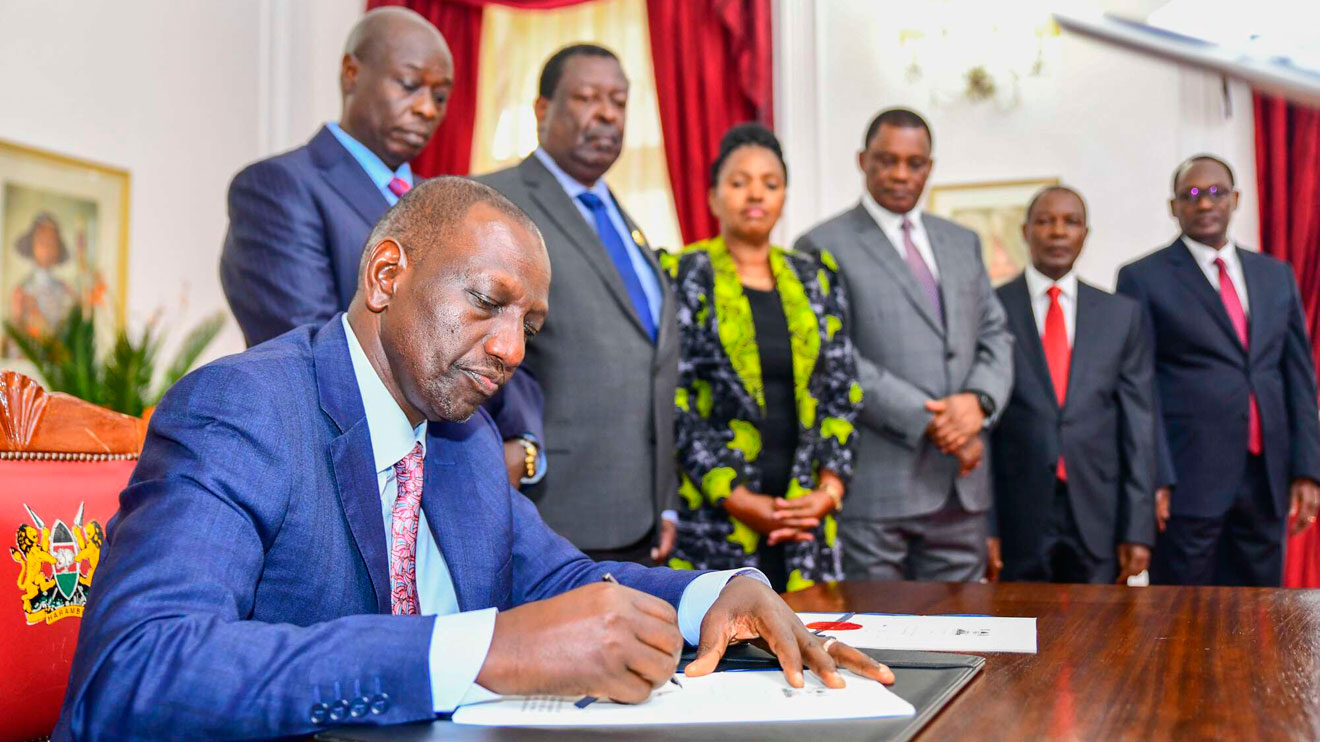Finance Bill 2024 will bring untold suffering to Kenyans, Catholic bishops warn
The controversial Finance Bill 2024 has been condemned by the country’s Catholic bishops, who have urged President William Ruto’s government not to pass it in its current form.
The bishops have said it would be wise for members of parliament to make changes to the proposal in areas that are causing fear among citizens.
In a statement, the bishops urged the president to create a tax system that is predictable and conducive to economic growth.
“It is our considered view that the Finance Bill 2024 if passed in its current form, will be oppressive and cause untold suffering to Kenyans. While we appreciate that the government has a responsibility to raise taxes to support public services, we are deeply concerned about several proposed revenue-raising measures in the bill,” Fr James Waweru said in a statement.
He said the church was also concerned about entrenched corruption in some institutions and the waste of public resources on non-essential activities.
“We note that tackling corruption and stopping the waste of available resources would generate sufficient revenue to support essential services, thereby reducing the burden on Kenyans who are already struggling with a high cost of living.”
They said the government has a responsibility to ensure that citizens enjoy basic needs by initiating policies that serve the common good of the nation.
After reviewing the proposed Finance Bill, the Bishops said that basic commodities such as bread will be adversely affected, affecting the poorest in our community.
On the proposed 2.5 per cent tax on motor vehicles, the Church said this will burden the common citizen as it will lead to an increase in fares for those using public transport.
“Although this tax could potentially improve tax collection and road infrastructure, we wonder what public service this tax will serve.”
The bishops also believe that the vehicle tax will increase operating costs for the country’s small traders, whom the Kenya Kwanza administration claims to represent.
They have also opposed the proposed financial transaction, which seeks to increase the levy from 15 per cent to 20 per cent, saying it will limit or see a decline in digital transactions and Kenyans may opt for the traditional way of saving their money.



